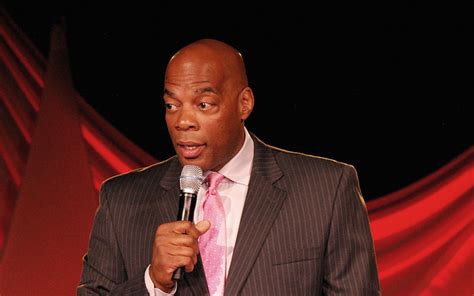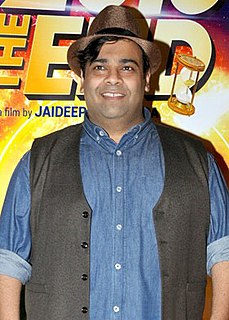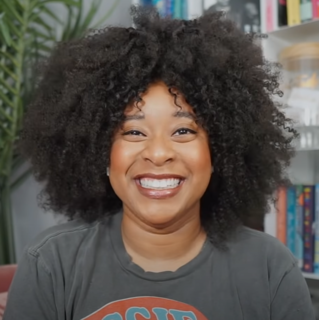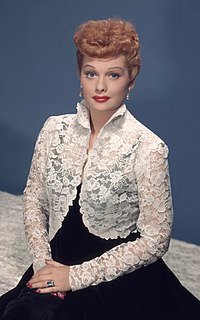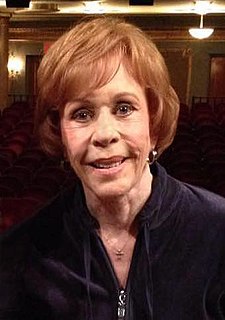A Quote by Carlos Mencia
When I tell a joke, I immediately know whether it's funny or not.
Related Quotes
I have become a giant fan of the testing process, especially with a comedy. I mean, they tell you what's funny. It's almost tailor-made for people who shoot the way we shoot, trying a million different options and versions of things. Because the audience doesn't laugh at a joke, we put in another joke. If they don't laugh at the next joke, we put in another joke. You just keep doing them and you can get the movie to the point where every joke is funny, if you have enough options in the can.
Funny stories on set - there are thousands of them, but they are only funny to the people who were on the movies. You start to have inside jokes and gallows humor. You have all kinds of things you laugh at, but as soon as you tell somebody, the joke falls flat because they don't know the context of it.
"I've learned what's funny verbally ain't so funny on e-mail: They don't hear your intonations. Melissa broke up with somebody over that. She tried to tell him: "That was a joke!" But he just didn't get it. Mick Jagger said, "F- 'em if they don't get the joke." And I love him. That comes with age: Knowing it's their problem, not mine."
Humor has the tendency to be funny once. If I tell you a joke, we're going to have a big laugh. But the second time I tell the joke, it's going to be a bit strange, and the third time you're going to ask if there's something wrong with me. So I am very cautious with jokes, but there is a lightness in my work.

